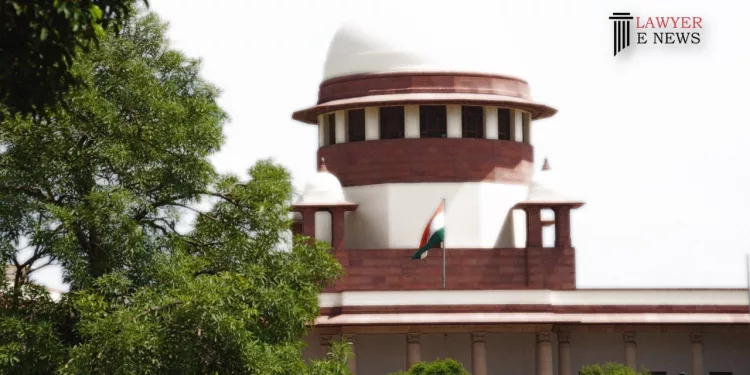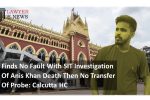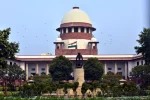No Evidence of Offence Committed on Caste Basis: Supreme Court Quashes Proceedings in Abetment and SCST Act Case: “”

The Supreme Court of India today delivered a landmark judgment in the case of Prabhat Kumar Mishra versus The State of U.P. & Anr., quashing all criminal proceedings against Prabhat Kumar Mishra in a case involving allegations of abetment of suicide and offences under the Scheduled Castes and the Scheduled Tribes (Prevention of Atrocities) Act.
Legal Point of the Judgement: The apex court focused on two primary legal aspects: the allegation of abetment to suicide under Section 306 of the Indian Penal Code and the applicability of Section 3(2)(v) of the SC/ST Act. The judgment’s central legal issue revolved around whether the actions of Prabhat Mishra constituted ‘abetment to suicide’ and if the offense was committed on a caste basis as required under the SC/ST Act.
Facts and Issues: The case emerged from the unfortunate suicide of Data Ram, a Senior Clerk in the Child Welfare Board, who took his life in 2002, leaving behind a suicide note. The note implicated Mishra, the District Savings Officer in Kannauj District, alleging psychological pressure and harassment. Mishra, challenging the charges, approached the Supreme Court following the Allahabad High Court’s refusal to quash the proceedings.
Court’s Assessment: The Court, in its detailed assessment, observed that the prosecution under Section 3(2)(v) of the SC/ST Act was illegal as there was no evidence that the offense was committed on a caste basis. Deliberating on the parameters of abetment under Section 306 of the IPC, the court found that these were not met in Mishra’s case. It relied on similar judgments like Netai Dutta v. State of W.B. and M. Mohan v. State to substantiate its decision. The suicide note, according to the Court, did not illustrate acts or omissions by Mishra that constituted abetment. It indicated frustration and pressure unrelated to Mishra, and the initial closure report by the investigating agency supported non-prosecution.
Decision: The Supreme Court, in its decisive ruling, quashed the High Court order and all proceedings against Mishra under Section 306 IPC and Section 3(2)(v) SC/ST Act, thereby allowing the appeal.
Date of Decision: March 5, 2024
Prabhat Kumar Mishra @ Prabhat Mishra versus The State of U.P. & Anr.





